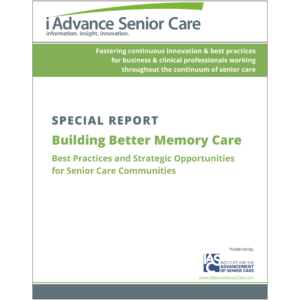Don’t let time change wreak havoc on health
Fall in the North, with its moderate temperatures and colorful leaves, is my favorite season. Another reason to appreciate autumn, almost everywhere: We gain an hour of sleep every year when we adjust our clocks at the end of daylight saving time. (Remember if you need to set your clocks back an hour before you go to sleep on Saturday; the time change officially occurs at 2 a.m. Sunday.)
Although we may be thankful for the chance to catch up on our Zs, the change to our sleep schedules can wreak havoc on our bodies, making us feel groggy and unsettled until we get used to it—a process that can take a few weeks, according to sleep experts at Vanderbilt University. “We’re not allowing our [biological] clock to reset at its usual time,” says Raghu Upender, MD, medical director of the sleep disorders center at the institution.
He and Beth Malow, HD, chief of the university’s division of sleep disorders, share these tips to help you keep yourself in top shape as you carry out your personal and professional responsibilities:
- Expose yourself to light in the morning. Open the curtains, turn on all of the bright lights in your house or take a walk outside. Doing so will help regulate the hormone melatonin in your body, which controls the sleep-wake cycle (light inhibits melatonin production, and darkness encourages it).
- Establish a relaxing pre-sleep ritual, such as taking a bath, reading or listening to calm music, to make it easier to fall asleep.
- Make sure the bedroom is quiet, dark and at a comfortable temperature.
- Avoid the bright lights and stimulation of televisions, computers and other electronic devices with screens before bedtime.
- Avoid large meals, alcohol and caffeine before bedtime.
- Exercise earlier in the daytime, not right before bedtime.
- Try to keep the same bedtime and wake time each day, even on weekends.
And while you are addressing your own sleep needs, remember that you can take action to help improve the quality of rest that residents obtain, too. Keep the aforementioned tips in mind over the next few weeks as their bodies adjust to the time change, and follow, as appropriate, the recent advice of researchers in the United Kingdom:
- Be mindful of the frequency with which you enter residents’ rooms, especially at night. Such visits can disrupt sleep, so plan wisely and consider resident preferences.
- Be aware that some residents having trouble falling or staying asleep may not tell you so because they fear being prescribed medication that they do not wish to take.
- Encourage residents to use mp3 players, radio podcasts, audiobooks and other resources to occupy themselves during wakeful periods at night.
- Lend an ear to residents wishing to discuss concerns that may be keeping them awake.
Wishing us all good sleep and good health.
Access all blogs by this author.

Lois A. Bowers was senior editor of I Advance Senior Care / Long-Term Living from 2013-2015.
Related Articles
Topics: Activities , Clinical , Executive Leadership , Facility management , Nutrition











